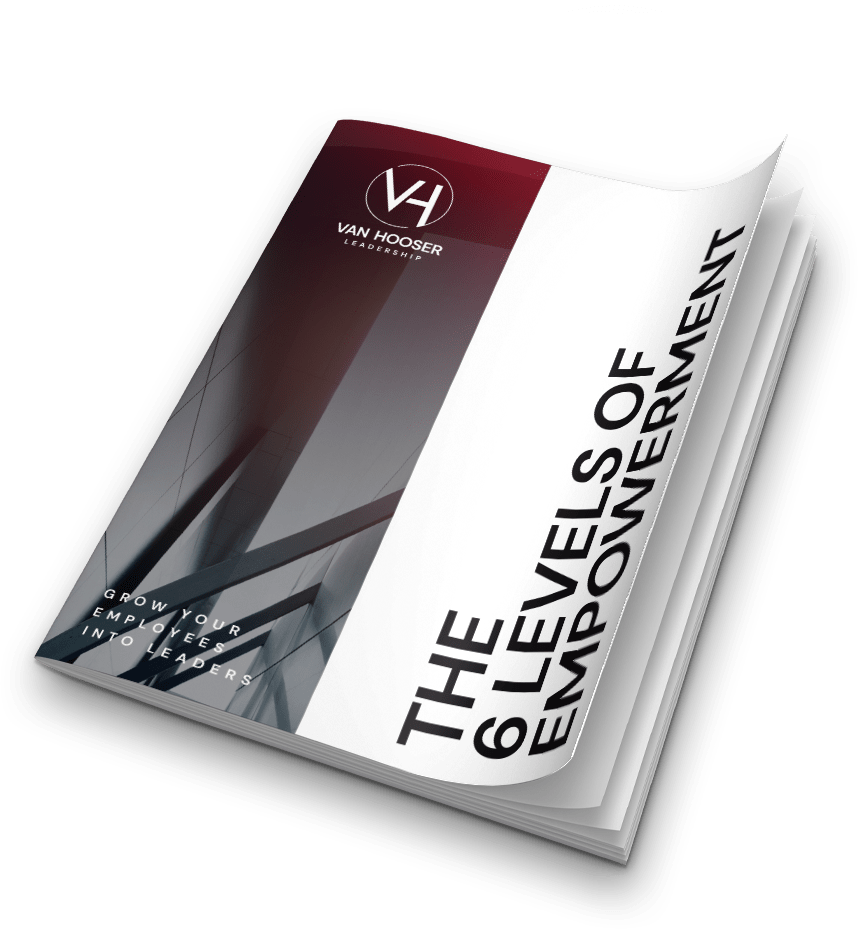Building trust among your multi-generation team is absolutely necessary in order to be successful in today’s world. Here are 3 interactions to get started!
Building Trust With Multi-Generation Teams
Trust really is at the heart of both the issues and the successes you have with your team at work. If departments aren’t getting along, do they trust you enough to tell you the real issues? If they aren’t stepping up and taking responsibility the way you want them to, do they trust that you’ll still have their back if they make a mistake? The list could go on.
Teams can be complicated. It’s been said that today’s workforce is the most diverse to date. How do you build trust with people who don’t look like you, talk like you, think or act like you?
Although there are a lot of things that separate us, there’s one thing we can all agree on — we want to trust the people around us. It’s important that you realize that trust is not automatic for most people. Time and consistency are key to building trust between you and your people. Here are three interactions that will help you get started building trust with your most valuable asset — your people!
Ask Their Goals & Expectations
Think about the typical interaction that happens when people first come on board with companies.
Employees are told what time to be where, what they are going to be doing, and are given some sort of direction on how to do their job.
That’s a lot of telling!
It’s time to listen.
Sitting down and having an open conversation is a great first step to building trust. But hear me carefully, this isn’t just a first step, it’s a step that should be ongoing. What’s really interesting about this conversation is that as time goes on and trust between you and the employees builds…they will open up to you more and more about their own goals and expectations.
Why do you need to know your employee’s true goals and expectations?
A person’s goals and expectations determine how the operate on a day in and day out basis. If you want to know why your people do what they do, what’s motivating them, you need to know them. You need to know their goals and expectations so you can adapt your own leadership to help you both accomplish your goals.
Get our leadership blog by email + a bonus welcome gift!
Define Your Goals & Expectations
The fact of the matter is that the employee works for you and the company. Ultimately, you’re the leader in this situation and it’s your responsibility to increase performance from your team. Understanding the employee’s goals and expectations allows you to adapt things like your communication style. But you have to take it a step further. The employee needs to clearly understand your goals and expectations. When they know that, they’ll likely be less stressed and have improved performance.
Let’s play out a scenario:
You as a leader give your people a goal of 500 calls per week. The employee wants to be really successful in their career so they never miss the goal. They always make the 500 calls ever week. But, you’re frustrated with them because although they always hit the 500 goal you put out, they never do anything more…even if they hit that goal on Thursday morning. Once the employee has finished the goal of 500 calls, they work on other tasks or low hanging fruit.
The employee is crushing their own goals and thinks they’re crushing yours, too. When it comes down to performance evaluation time, you give them average scores. The employee is confused. They wonder why you gave them average scores when they achieved the goal you put out every week. The employee leaves very frustrated with you and their trust in your leadership dwindles over time.
One of two things is likely to happen from here…in the words of Phil Van Hooser, the employee will either “quit and leave or quit and stay”. Either way, if they’re a high performer, that’s bad news for you!
You have to be crystal clear about your expectations of your people. Crystal clear. Even if you think you shouldn’t have to spell things out for your people, I encourage you to do it — in a respectful way, not a demeaning way. In most cases, people will rise to the expectations put on them. Make sure you communicate the expectation well. It’s a critical building block of trust in your leader/employee relationship.
Interact With Them On Purpose
In the leadership training we do with teams across the country, we teach what we call “PPEs.” PPE stands for Planned Positive Encounters. We teach leaders that every week they should have a PPE with their employees — interact with their employees on purpose for a purpose.
Each positive encounter is like a quarter dropped in the “trust” bank each of your employees has. When you congratulate them on their work anniversary, wish them a happy birthday, attend the funeral of their loved one, acknowledge their kid’s game win last night, etc. that means so much to your employees.
If you do those things once, it will be nice. If you have PPEs consistently, you’ll earn their trust. They will see and feel that you care about them as a person, not just as an employee. Today’s workforce is searching, even demanding, that they will only work for leaders who care both about their personal and professional well-being. That shouldn’t be a burden, but a blessing. The world needs more heart in the workplace! The leaders that go all in like that, they win.
Building Trust Starts With You
I always love to end with a charge–a call to action–because if you don’t take action then you can’t control your success. I encourage you to take a few minutes to schedule time with your employees in the next week to discuss their goals and expectations.
But, don’t forget, that’s just step 1! There will still be more work to do so plan the other conversations. Do your part to communicate, (that also means listening) to your employees. When you do that, you build trust! I can’t wait to hear about your success!
Does your leadership team need to build greater trust with employees?
I have a plan that can help. Let’s talk!
#buildtrust #trustiskey #leaderemployeerelations #employeerelations #employeeperformance #improveemployeeperformance #leadershipmatters #emergingleaders #leadershipdevelopment #leadershiptraining #buildingtrustonateam










